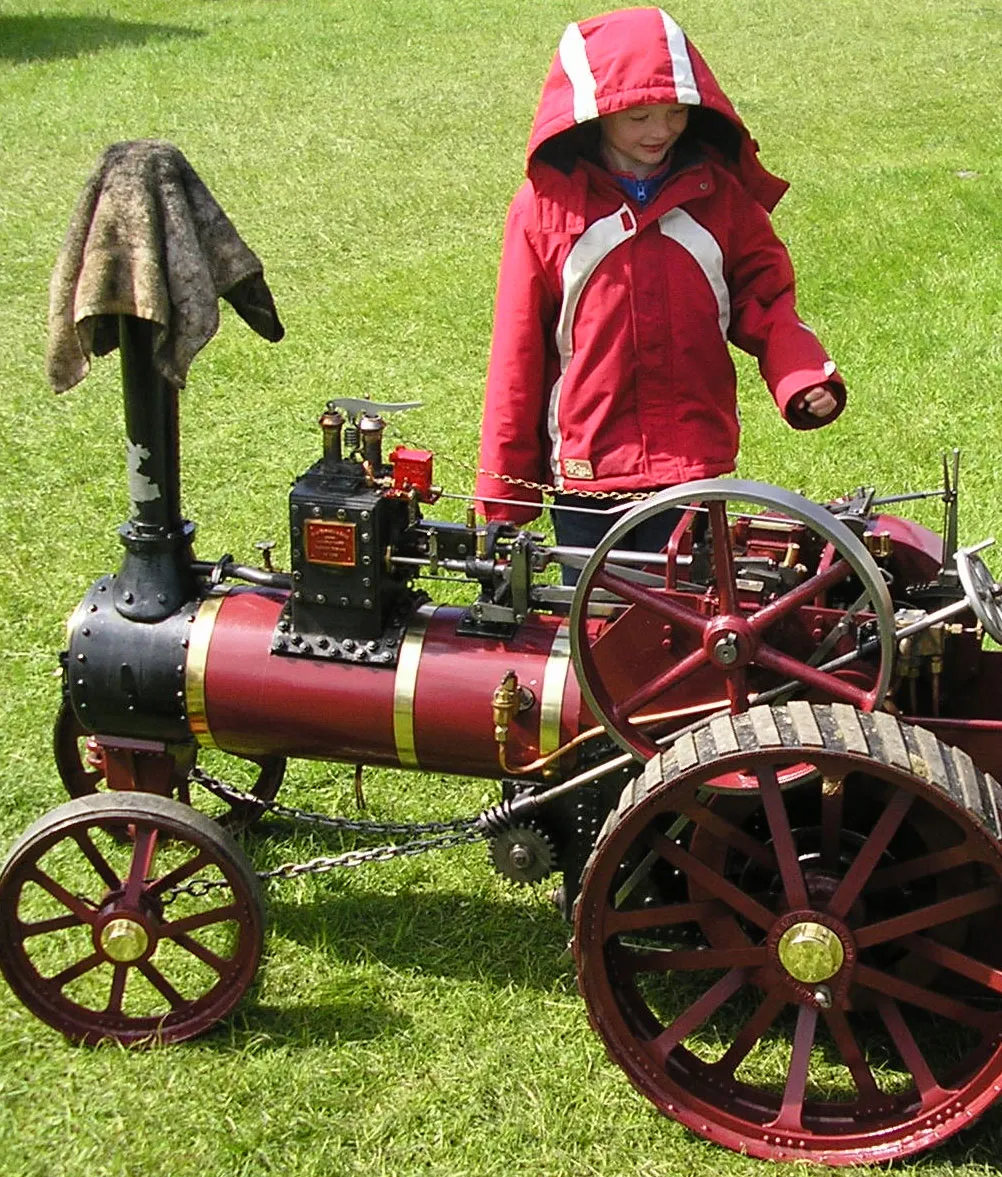Skilled engineers are keeping the lights on
Engineer Robert Eves has been fascinated by how things work since childhood, and this led him to career in electrical engineering. Now an Engineer for IET Partner Telent, below he shares his journey and highlights the importance of engineering for critical infrastructures.
What inspired you to become an engineer or technician?
For as long as I can remember (see picture!) I have been fascinated by how things work, and especially steam engines and railways.
As a teenager I volunteered at the Bluebell Railway, eventually settling in their Signal and Telecommunications (S&T) department where I found the electrical side to be more fascinating still!
As a result, I chose to study Electrical and Electronic Engineering when I moved on to university at Lancaster.

Can you describe your career in engineering so far?
I seem to have dipped my toes in every corner of the industry in the few years of my career. While at university I worked part-time on electronics repairs for the nuclear sector, but on graduating I joined Telent and rotated through several more industries, including the Emergency Services and Internet Service Providers, sometimes working on IT and networking one week and taking a shovel out on night shifts the next!
Perhaps inevitably I found the Rail division most satisfying and moved off the graduate scheme back into the S&T world, in the rather niche department of Operational Telecoms. This covers all the communications equipment required for trains to run which can mean anything from data centres at major Rail Operating Centres to telephones and radio masts on remote sections of track.
What has been your biggest success in your career?
During my time supporting the Fire Service I was able to learn from engineers who were adept at generating IT scripts to speed up repetitive tasks for the Control operators. Moving into Rail and Ops Comms, after spending weeks updating 160 very similar designs, I realised there was a lot of scope for using this knowledge to improve our processes. Within a couple of weeks, I'd created a template to automatically remove the colour coding on drawings after construction has finished, and the idea has been taken up more widely within the business to speed up other elements of design.
What has been your biggest challenge in your career?
Designing and building our electric racing car for Formula Student, constrained by the Covid restrictions, remains the toughest assignment I've had. With only a handful of electrical engineers we had to work virtually round the clock once the labs were opened, and on every system from computing to drivetrain. It might surprise some that this hasn't been topped by a 'real' challenge, but I think this shows how good degree projects can prepare graduates for industry.
Are there any exciting projects you are currently working on?
My first assignment as Project Engineer is on a new national Traffic Management (TM) solution for Network Rail. When I mention I'm away surveying at ROCs the first thing people sarcastically ask is "Is that to find out how many trains are running late?"... and that's exactly what the TM system does!
Once complete the improved information feed should ease congestion on busy sections of railway (yes, trains get stuck in traffic jams too!) Like a lot of Telent projects it's something the public never see, but life would be very different without it.
Do you participate in any other career-related activities, such as mentoring or volunteering?
I've stayed involved in Formula Student by joining the IMechE Transport Challenges Awards Committee, enabling me to support students with this highly valuable learning opportunity. Many more teams are moving over to electric traction now and coming face to face with some of the biggest challenges in the industry as a result, so it's incredibly rewarding to see how they progress.
How has your IET Membership helped you in your career so far?
I was lucky to gain a Diamond Jubilee Scholarship which was a great help when I was studying. I also find it worthwhile keeping up to date at the various Local Network events.
What does the future look like for you?
In the immediate future I will hopefully soon gain my Telecoms Designer's License from the Institute of Railway Signal Engineers (IRSE). Unlike the signalling licenses this isn't mandatory, but as a recognised standard this will help me progress towards Contractor's Engineering Manager (responsible for safe technical delivery of a project) and Chartered Engineer.
Do you have any advice for those looking for their first role in engineering and technology?
Keep an open mind. There are thousands of very highly paid jobs out there that almost no-one has ever heard of where applicants are hard to find. They don't grab the headlines like the motorsport or space industries for example but critical infrastructure such as telecoms, utilities, and transport (and many others) are essential to daily life and will always need many skilled engineers to literally keep the lights on.
